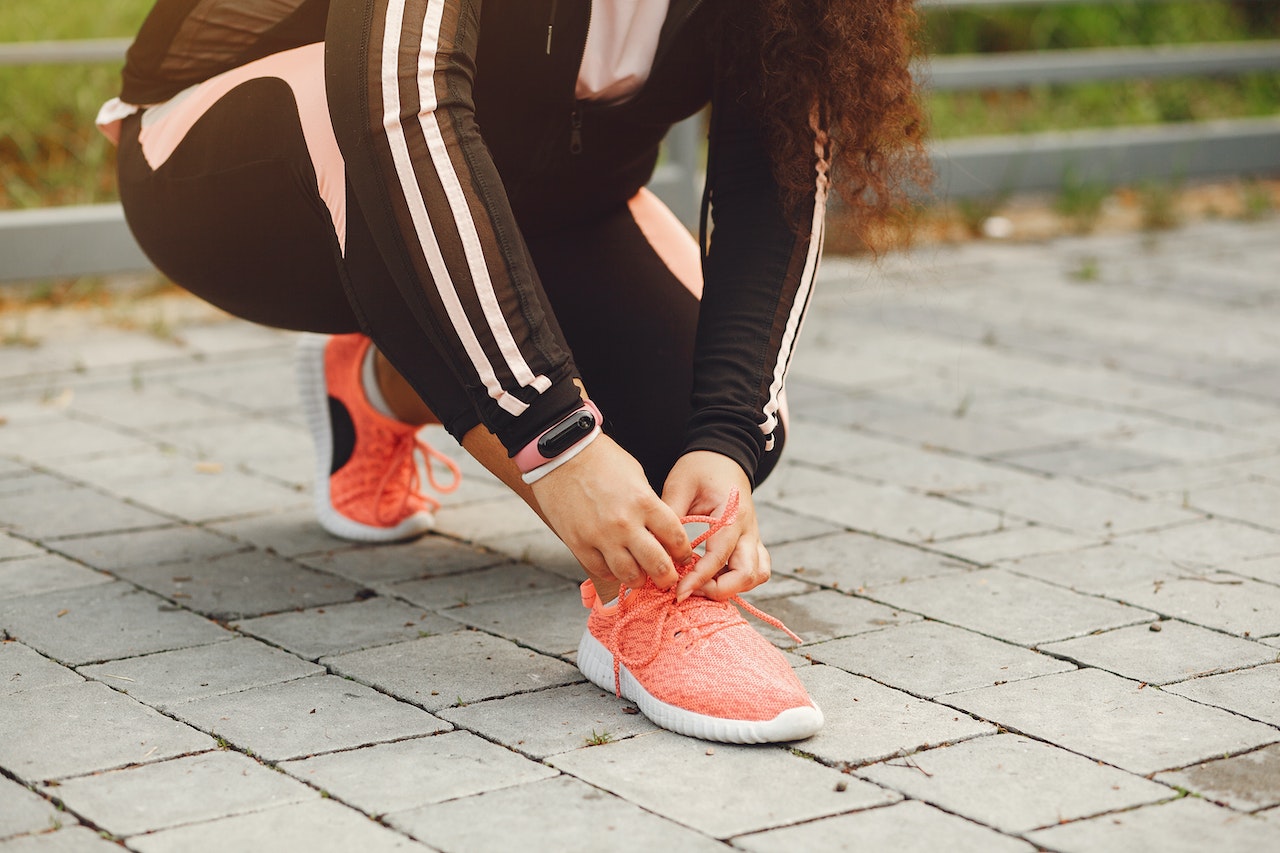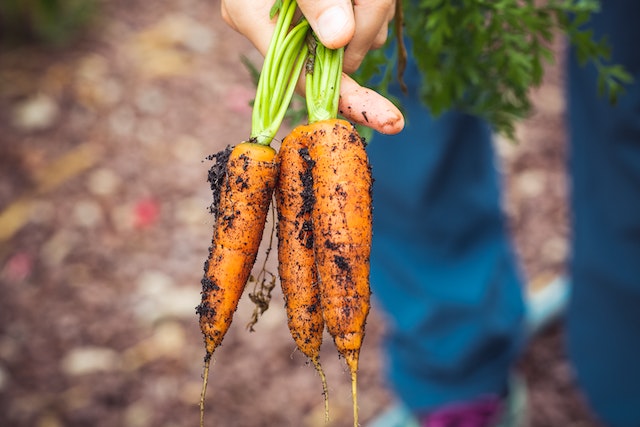For beginners with little to no running experience, taking on a 5K run can be daunting. Focusing on gradually building up your stamina can reduce the likelihood of injury and burnout. For those not used to working out consistently, a sharp learning curve can make the beginning stages very strenuous and leave your muscles sore as your body adjusts. If you start by training as if you are not a beginner, this will likely lead to sore muscles and possibly injuries. This increased risk of injury is due to your muscles not being accustomed to the training needed once you are nearing the race.
Training
Before you start running, you need to get into the routine of doing stretches and going on long walks daily. Make sure to consume enough food and drink enough water to keep up with the energy you exert and the fluids you will lose from increased perspiration. As you become more accustomed to these minor exercise routines, you can eventually switch to jogging instead of walking once you feel ready. Suppose you experience any soreness in your muscles after exercising. In that case, it is best to rehydrate and get enough electrolytes while taking it easy by getting enough rest until you feel better before proceeding with your new routine. Staying hydrated helps lubricate your muscles, reducing the chance of tears by increasing their flexibility. Allowing your body to adjust to changes and taking breaks when necessary to recover is essential for preventing injuries. Once you’ve become comfortable with jogging, you can slowly switch to running. You don’t need to start running the whole way and instead can alternate between jogging and running. Building up your stamina can help you to run for longer distances without burnout.
Conclusion
For those who are not typically active, it can seem impossible to run a 5K, but with enough time and effort, you can achieve whatever you put your mind to. If you overdo it by setting your standards too high, this can lead to you becoming discouraged and quitting since going from zero to one hundred in the intensity of your workout makes you hit the wall quickly due to the lack of stamina. Going at your own pace and gradually working up to your goal is the key to success.
Dr. Barbara R. Edwards, Princeton Internist, practices at Penn Medicine Princeton Health in the Penn Medicine Princeton Medical Center. She is also the Academic Director for the Ambulatory Residency Program at Penn Medicine Princeton Health.






